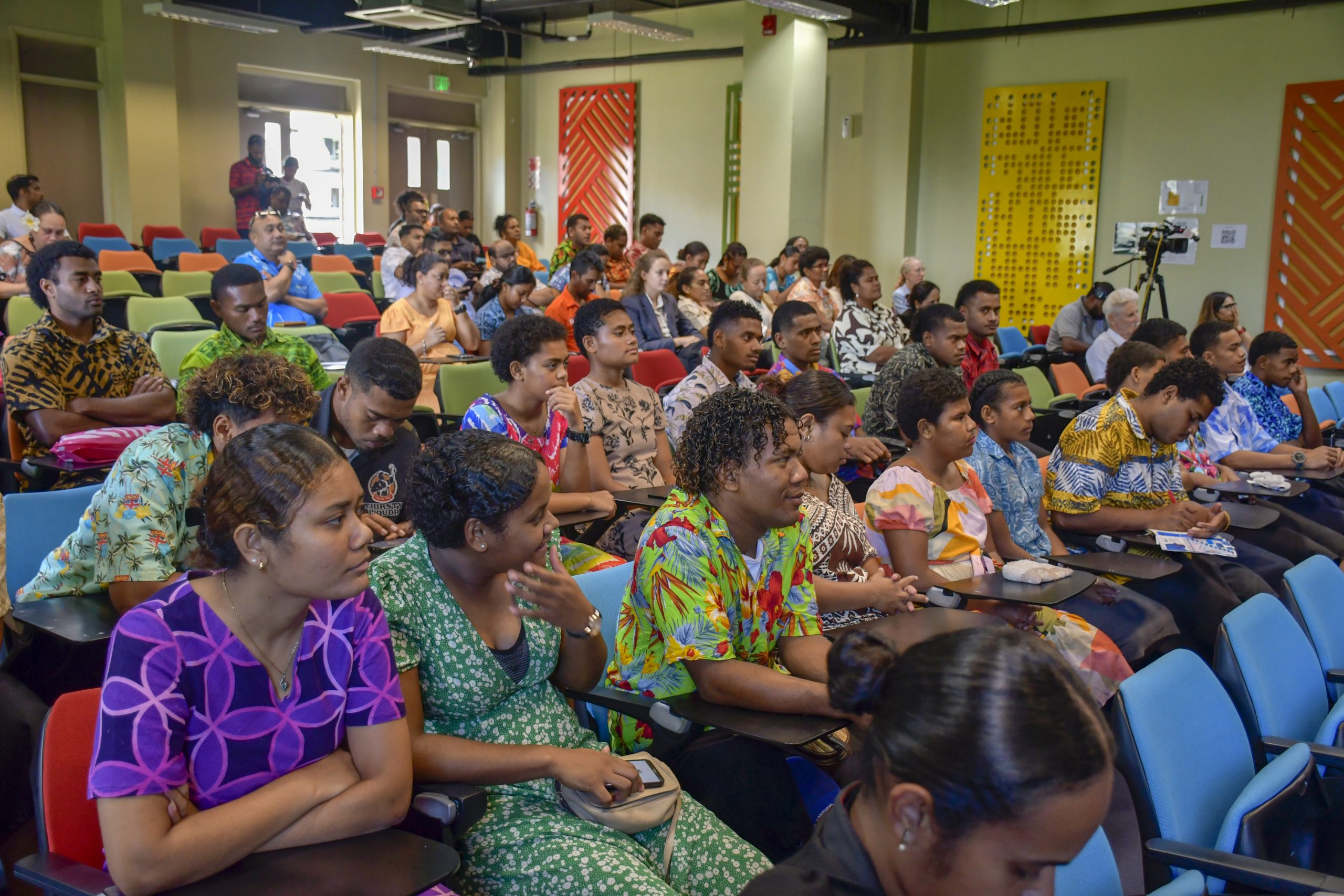Marriage is now seen as a choice, not a necessity, says Assistant Minister for Foreign Affairs Lenora Qereqeretabua.
She said attitudes toward marriage were shifting among Fiji’s youth, with increasing numbers viewing it as a choice rather than a societal expectation.
Speaking during the World Population Day celebration on Friday last week, Ms Qereqeretabua highlighted the significance of the 2025–2026 National Budget allocations saying the economic support and access to education are reshaping how young people plan their futures.
“As you know, it (budget) has allocated a record $153million Fijian dollars in scholarships, supporting over 24,000 students,” Ms Qereqeretabua said.
“Living allowances are up, new provisions start at rural, maritime, and low-income youth.
“And this is not just spending. It’s justice, and it’s an investment.”
She also described education not only as a pathway to employment but also as “the bedrock of personal freedom,” enabling young people to make informed decisions about their lives and future.
The address also highlighted recent budget measures aimed at easing the cost of living.
“These changes matter to a young person, deciding whether they can afford to live independently, move out of home and work with classmates and friends, or even to start a family.”
However, she cautioned that economic relief alone is not sufficient and stressed the importance of equipping young people with comprehensive knowledge about health, relationships and self-agency.
“Young people must also be equipped with the knowledge and the tools to make informed choices about your bodies, your relationships, and your futures.”
She pointed to ongoing efforts in comprehensive sexuality education, specifically Fiji’s Family Life Education (FLE) curriculum coordinated by the Ministry of Education with support from the United Nations Population Fund (UNFPA).
Taught from Year 4 to Year 12, FLE covers topics such as puberty, anatomy, consent, reproductive health, contraception, gender roles, and equality.

